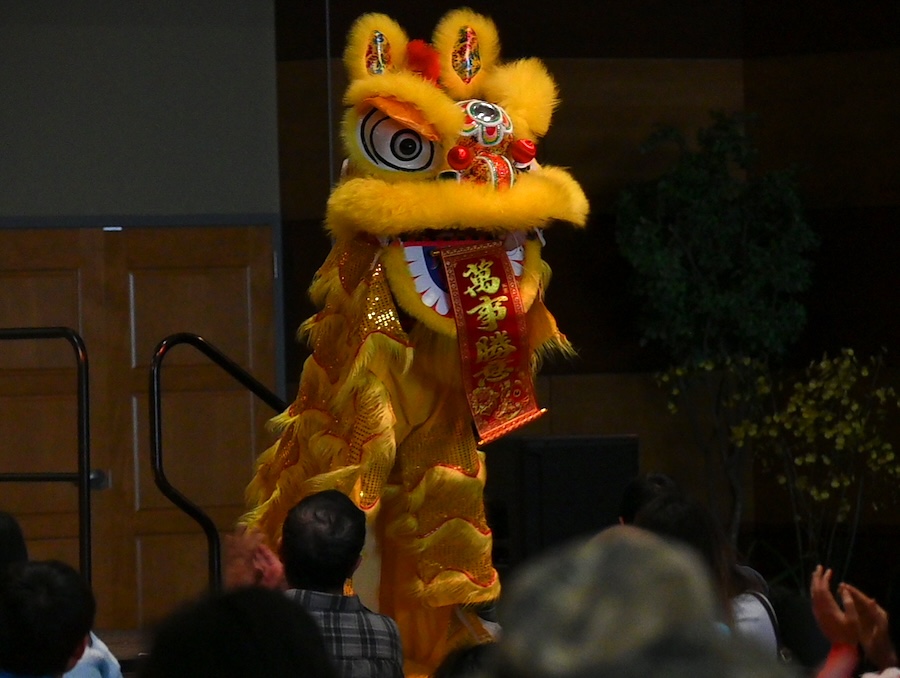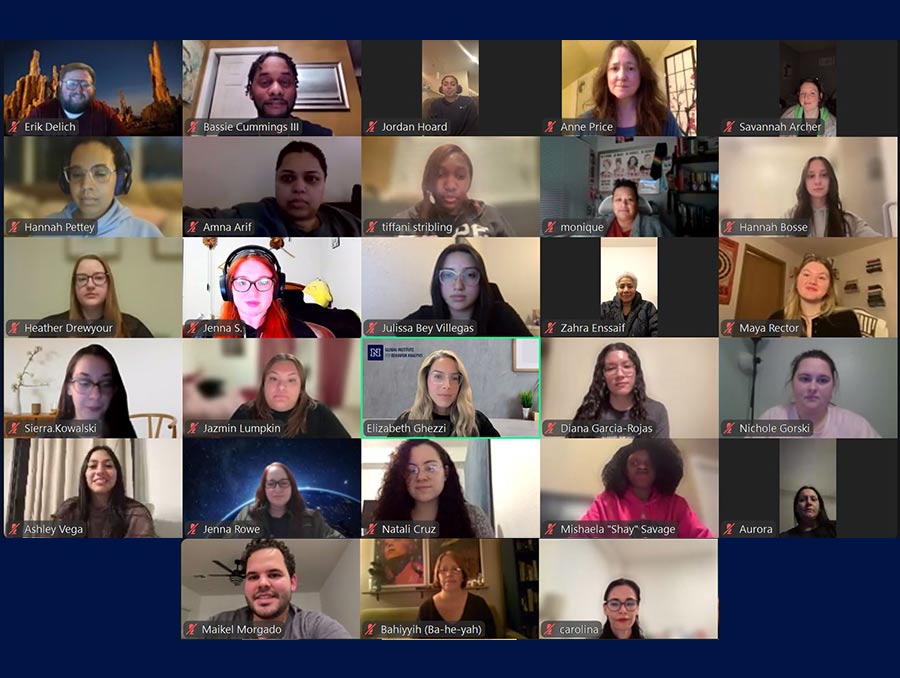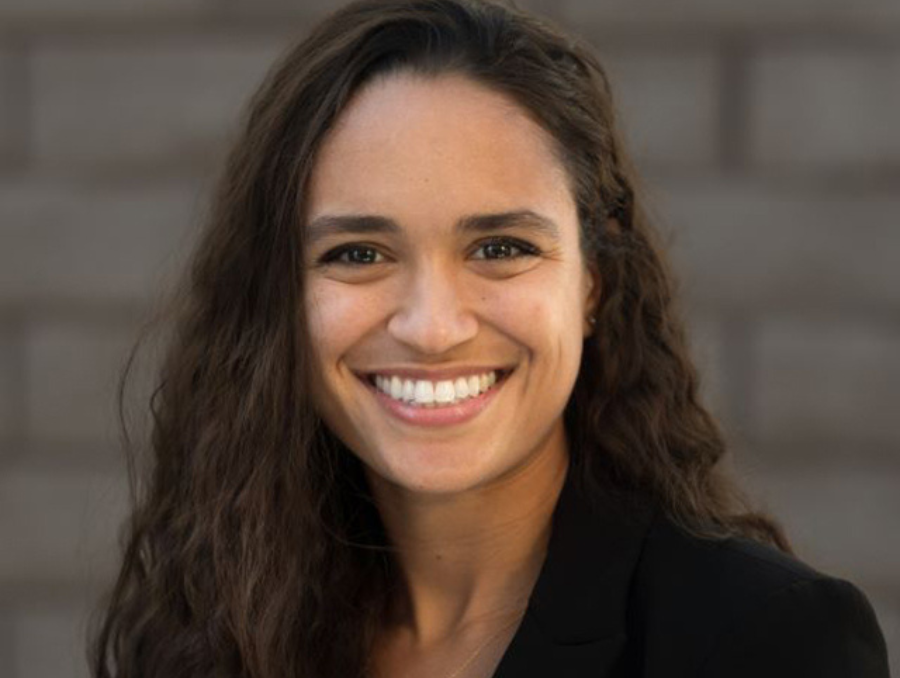The work of two University of Nevada School of Medicine researchers has led to the launch of a new Nevada biotechnology corporation based on campus. DxDiscovery, Inc. has begun operations at the University's Applied Research Facility, marking the start of what could be a new dimension of commercial and economic development contribution by the University.
The core focus of DxDiscovery is the development of medical diagnostics tests for infectious disease using highly optimized monoclonal antibodies. Tom Kozel, professor of microbiology and co-founder and CEO of the new company, and David AuCoin, co-founder and professor of microbiology, have each successfully commercialized some of their research, already in use around the world.
Kozel and AuCoin, who have successfully commercialized other products from their research, are excited to create jobs and increase economic benefits to Nevada by establishing a company at the University.
"Having a top-tier biotechnology company in Nevada will help eliminate the current 'brain drain' - students leaving Nevada to work for other companies - and will further the economic growth of Nevada," Kozel said.
Kozel and AuCoin are beginning work to develop a biomarker for early diagnosis of invasive candidiasis, the fourth most common bloodstream infection among hospitalized patients in the United States. The infection carries with it a high mortality rate. DxDiscovery just received a $600,000 STTR grant from the National Institutes of Health's Small Business Technology Transfer program to further the candidiasis research.
"This is a good example of leveraging the knowledge, resources and talent of the University for the advancement of Nevada business," Marc Johnson, president of the University of Nevada, Reno, said. "We will continue to foster a creative research environment where the pursuit of inquiry and discovery provide an opportunity for world-improving knowledge."
The start-up was assisted by the University's Technology Transfer Office in collaboration with representatives from EDAWN and the Governor's Office of Economic Development.
Kozel and AuCoin were joined in their lab in the Applied Research Facility by key players who helped the start-up get off the ground. On hand to celebrate the new initiative were Ryan Heck, director of the University of Nevada, Reno Technology Transfer Office; Doug Erwin, EDAWN and Karsten Heise and Doug Van Aman of the Governor's Office of Economic Development.
"We've focused on assisting those faculty who are really motivated to pursue commercial/entrepreneurial activities," said Heck, whose Tech Transfer Office serves the University and the Desert Research Institute. "TTO has also been involving people outside of the TTO, including outside the University, in order to move projects forward. DxDiscovery shows that our strategies are paying off. This is a good example for our faculty and our community of what kinds of things we can accomplish when people engage and work together."
DxDiscovery Business Manager David Maine said Heise, of GOED, and Erwin, of EDAWN were critical to the successful development of the company.
"In particular, Kartsen offered solutions pertaining to issues with initial funding gaps and local economic development strategies that shed some much needed light into the initial stages of business development," Maine said. "Doug offered his expertise in business plan development and investment strategy, leading to a successful business pitch to investors. Without the assistance from these two, with the combined efforts of the Tech Transfer Office, negotiating the move from a university research laboratory to the formation of a private company would have been much more difficult."
Others in attendance were Tom Schwenk, dean of the University of Nevada School of Medicine; Mike Kazmerski, EDAWN, Marc Johnson, president, University of Nevada, Reno and Kevin Carman, provost, University of Nevada, Reno.











